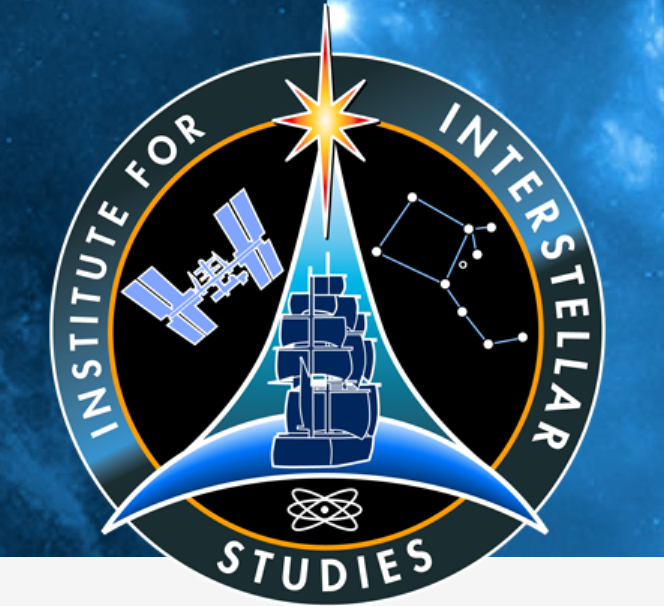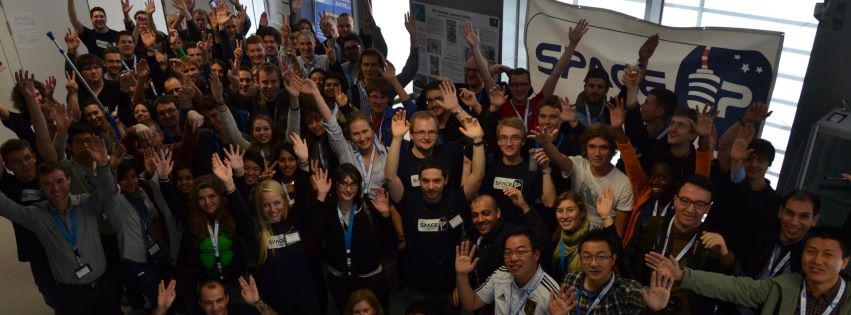 “Why should we travel to other stars?”, asked one of the 60 participants of the “unconference” dubbed SpaceUp last Saturday, 27 October 2012, in Stuttgart. The question was raised after a presentation from the brand-new Institute for Interstellar Studies (www.I4IS.org). The mission of the institute is to promote the possibilities to explore, communicate with and even travel to planetary systems in our cosmic neighbourhood.
“Why should we travel to other stars?”, asked one of the 60 participants of the “unconference” dubbed SpaceUp last Saturday, 27 October 2012, in Stuttgart. The question was raised after a presentation from the brand-new Institute for Interstellar Studies (www.I4IS.org). The mission of the institute is to promote the possibilities to explore, communicate with and even travel to planetary systems in our cosmic neighbourhood.
 The presenter, Chris Welch, a British professor teaching at the International Space University in Strasbourg, had no difficulties in answering: “Eventually the Sun will expand and burn the Earth completely. This will not happen in 40 weeks nor in 40 years, but it will happen at the end of the life of our Sun. And then we have to be prepared. It is only natural that mankind strives to travel into the universe”.
The presenter, Chris Welch, a British professor teaching at the International Space University in Strasbourg, had no difficulties in answering: “Eventually the Sun will expand and burn the Earth completely. This will not happen in 40 weeks nor in 40 years, but it will happen at the end of the life of our Sun. And then we have to be prepared. It is only natural that mankind strives to travel into the universe”.
 I also received a lot of questions after my talk “What is wrong with Mercury?” For more than 200 years, mankind has been trying to unravel the mysteries of Mercury. However, still today we cannot explain why Mercury has such a high density, we have no convincing theory how Mercury came into existence and it is disputed whether Mercury has a molten core or not. At least I could give the audience some comfort: ESA will launch in 2015 BepiColombo, which will help answer all these fundamental questions.
I also received a lot of questions after my talk “What is wrong with Mercury?” For more than 200 years, mankind has been trying to unravel the mysteries of Mercury. However, still today we cannot explain why Mercury has such a high density, we have no convincing theory how Mercury came into existence and it is disputed whether Mercury has a molten core or not. At least I could give the audience some comfort: ESA will launch in 2015 BepiColombo, which will help answer all these fundamental questions.
And there were many other interesting topics at the unconference. Why “unconference”? In a regular conference you submit your abstract, which is screened by a programme board that finally draws up the conference plan weeks in advance. In Stuttgart, the participants wrote the title of their talk on a post-it note and tagged it wherever there was a free slot in the conference grid (if your post-it fell down, you were out…). Or at least, that is the theory of an unconference, but being in Stuttgart surrounded by the Space Centre Baden-Württemberg, it wasn’t chaos at all. The first track of presentations was scheduled beforehand and the pizza arrived spot on time…

Discussion: one comment
Rüdiger, thanks for the nice post! Welcome to the Rocketscience blogspot. Ad Astra!